Smart Modeling for softw@re Research and Technology
Jean-Michel Bruel has been head of the SM@RT team of the IRIT CNRS laboratory until September 2021. His research areas include the development of software-intensive Cyber-Physical Systems, and methods/model/language integration, with a focus on Requirements and Model-Based Systems Engineering. He defended his “Habilitation à Diriger des Recherches” in December 2006 and obtained in 2008 a full professor position at the University of Toulouse . He has been Laboratory Representative for the Toulouse 2 Jean Jaurès University from 2016 to 2020. He has been head of the Computer Science department of the Technical Institute of Blagnac in 2009-2012 and 2021-2023 and has been a member of the Strategic Research Committee of the IRIT CNRS laboratory since 2021. He is the holder of the Chair of Model-Driven Systems Engineering between AIRBUS and Toulouse 2 Jean Jaurès University since 2022, joined theInternational Research Laboratory in AI in 2023 and is the leader of the ANR project FATES-MLOps .
Interests
- Model-Based Systems Engineering
- Requirements Engineering
- Agile Methods & Design Patterns
- Modeling for Sustainability
- FUN (Final User Need) Modeling
Education
Habilitation, 2006
University of Pau
Ph.D. in Software Engineering, 1996
University of Toulouse - UPS
M.Sc. in Software Engineering, 1992
University of Toulouse - UPS
Recent Publications
You can also access to:
- the official list from my lab (up to date, but only related to it)
- DBLP Server (24 journals, 84 conference papers referenced, with 188 different co-authors, on 2025/11/18)
- Google Scholar (243 papers, H-index 27, 17 since 2020, on 2025/11/18).
- my ResearchGate page
- the preprints on HAL
Teachings
#ILoveMyJob
Note that most of my teaching materials are available here:
https://jmbruel.github.io/teaching/.
Projects
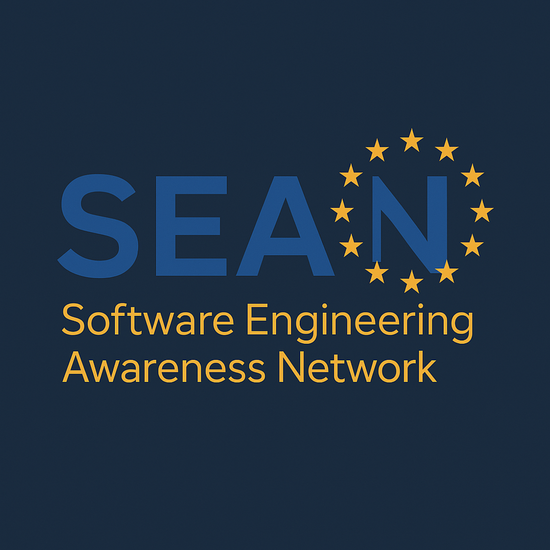
SEAN
Software Engineering Awareness Network
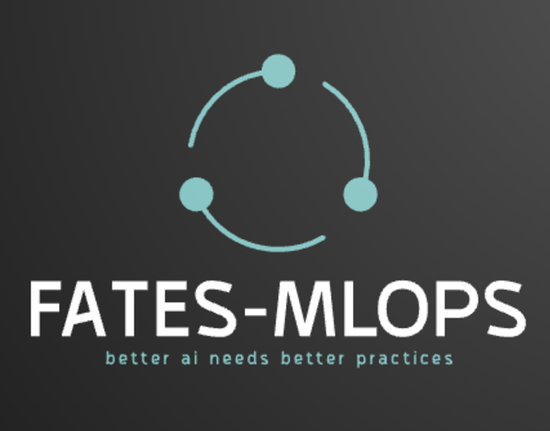
FATES-MLOps
The MLOps movement adopts the DevOps objective of reducing the gaps between development and operations teams by integrating data scientist teams and Machine Learning (ML) models. In this project, we wish to apply and adapt good software engineering practices to strengthen both the overall quality of the ML model construction processes and the quality of the software systems produced, particularly in terms of extra-functional properties that will become crucial issues: Fairness, Accountability, Transparency, Ethics, and Security (FATES). The key concerns will tackle the study, formalization, measurement, and management of these properties throughout the continuous MLOps process. Indeed, more than traditional Key Performance Indicators (KPIs), such as precision and recall, are required to evaluate models' robustness in practical applications. Our project aims to study the FATES properties and, by refining proven software engineering concepts and tools, propose a systematic and tailored approach for considering those properties, particularly from the lens of ML Scientists or ML Engineers, throughout the lifecycle of the software developed following an MLOps approach.
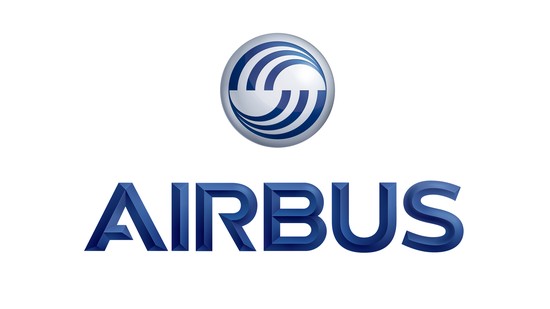
Chaire Industrielle
Despite the success of Model-Based Systems Engineering adoption, its application at scale and in a continuous approach to ensure the delivery of added value for its adopters is far from straightforward. The inherent complexity in terms of implied domains or of massively heterogeneous and poorly related data is not weaved by the simple use of a formal and disciplined modeling approach. A collaborative and continuous framework and process are required and need to aggregate up-to-date technologies in complementary techniques such as models, ontologies, and complex data management. It is the purpose of this Chair to study and make effective such complementarity.

Formal Requirements
Collaboration initiated with the Innopolis University on the use of formal methods in Requirements Engineering
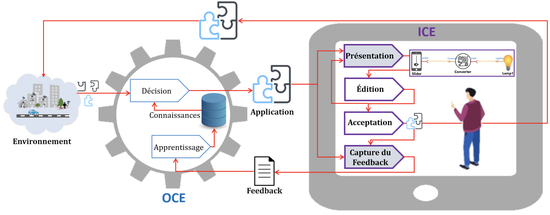
FUN Modeling
Placing the Final User Needs (FUN) at the center of the (modeling) concerns
BASAALT
The BASAALT (Behaviour Analysis & Simulation All Along systems Life Time) is a systems engineering method the team is supporting. It has been defined by Thuy Nguyen, and is supported by a language, FORM-L (FOrmal Requirements Modelling Language).
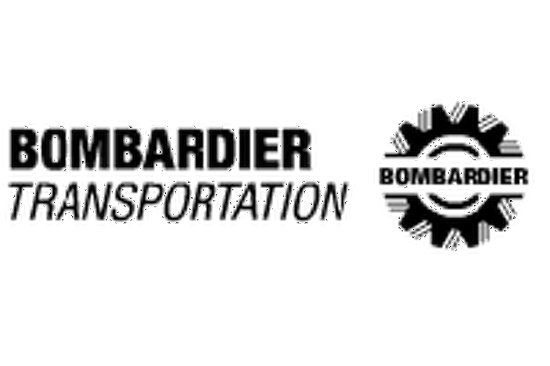
MBSE & Early Validation
An integrated model-based early validation approach for Railway Systems

GEMOC Initiative
GEMOC is an open and international initiative that aims to coordinate and disseminate the research results regarding the support of the coordinated use of various modeling languages that will lead to the concept of the globalization of modeling languages.
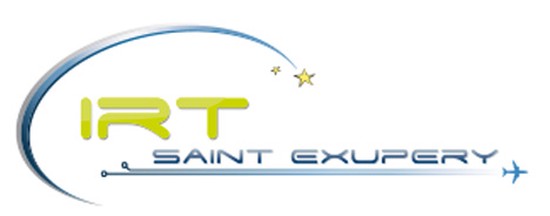
Moise
MOdels and Information Sharing for System Engineering in Extended Entreprise
Curriculum Vitae
Experience
Recent responsibilities include:
- International Relationships representative for the Computer Science Department since 2023
- Head of Computer Science Department, 2020–2023
- CNU 27 elected member, 2019–2023
- Lab representative at UT2J, 2015-2020
- Students' Internships contact at IUT Blagnac, since 2013-2020
Fun
I am very proud of being an “ironman finisher” at Roth 2007 (3.8/180/42) in 11h57':
![[Swim 3.8km in 1:08]](img/CRSE0431.jpg)
![[Bike 180km in 5:32]](img/CRBO0125.jpg)
![[Run 42km in 5:08]](img/CRRP0230.jpg)
I have completed in 2018 the UTMB OCC race (55km/3600mD+) in 11h13'
![[55km/3600mD+ in 11h13']](img/occ2017.jpg)
I have completed in 2021 my longest trail: the GRP “Tour du Moudang” race (64km/3600mD+) in 12h (together with my friend Alain who did it at 75!)
![[64km/3600mD+ in 12h]](img/grp2021.jpg)
I spend most of my free time learning paragliding.
![[Flight of Icarus]](img/epsilon.jpg)
Here are some other stuff I’d like to share:
- My little brother’s band (wanna hear? check this one or this one and enjoy!)
- Our litle paradise in the “Pyrénées”

